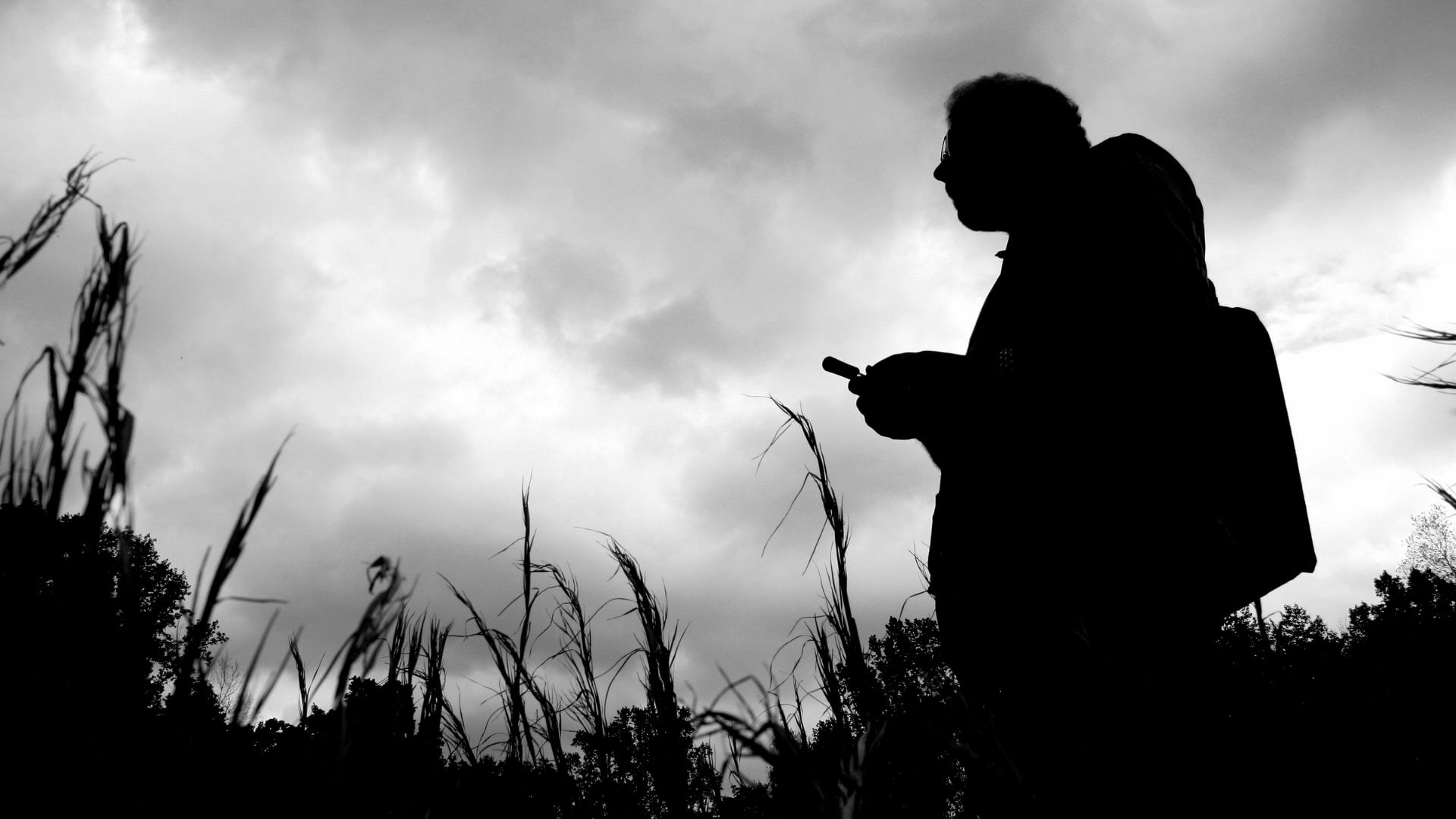Spring in Michigan doesn’t just mean blooming wildflowers and longer days — for hunters, it signals one thing: the start of spring turkey season. If you’ve ever heard a gobbler echo through the hardwoods at daybreak, you know the thrill that comes with it. And if you haven’t yet experienced it… well, 2025 might be your year.
Whether you’re a seasoned hunter or stepping into the woods for your very first gobbler, a solid plan can make all the difference. Here’s your ultimate guide to preparing for Michigan’s spring turkey season this year — with tips, strategies, and updates straight from the field.
📅 Michigan Turkey Season Dates & Licenses You Should Know
Let’s start with the basics. Michigan’s 2025 spring turkey hunting season officially runs from April 19 through June 7. But those dates aren’t one-size-fits-all — your license dictates when and where you can hunt.
Here’s the breakdown:
-
Limited-Quota Licenses: These are available through a drawing. You’ll need to apply between January 1 and February 1, and drawing results are released on March 3. Each license is valid for a specific Turkey Management Unit (TMU) and a set date range. Think of it as getting your “assigned zone.”
-
Hunt 0234 License: If you missed the application window, don’t sweat it. Hunt 0234 is your golden ticket. It’s available over the counter starting March 17 and lets you hunt from May 3 to May 31 in most parts of the state — public and private land in the north, and private land only in the south.
-
Private-Land-Only Licenses: These are valid for hunting exclusively on private land in designated zones, especially in the southern Lower Peninsula.
Already have land in a prime turkey area? Even better. If not, this could be your sign to explore land listings on Michigan Whitetail Properties.
📍 Picking the Right Turkey Management Unit (TMU)
Michigan is broken down into Turkey Management Units, or TMUs, and each has its own flavor.
If you like big woods and quiet hunts, look to TMU M in the Upper Peninsula. It’s remote and less pressured. Prefer a mix of timber and field edges? Northern Lower Peninsula TMUs like J, K, or A offer a great blend of cover and visibility.
Southern Michigan hunters, don’t worry — you’ve got options, too. TMU ZZ is where you’ll find most private-land opportunities. Just remember, securing land access ahead of time is key.
Tip: Use the Mi-HUNT mapping tool from the DNR to scout potential hunting spots online. It’s free, and it’s loaded with valuable info like land boundaries, topography, and vegetation types.
🧰 What Gear Do You Really Need?
 You don’t need to break the bank to get started — but you do need to show up prepared.
You don’t need to break the bank to get started — but you do need to show up prepared.
Let’s talk weapons:
You’re allowed to use a shotgun, muzzleloading shotgun, bow, or crossbow. Most turkey hunters opt for a 12-gauge shotgun paired with #6 shot and a full choke. It’s the classic combo that just works.
What about decoys and calls?
Don’t underestimate them. A realistic hen decoy and a diaphragm call or box call can bring a gobbler right into range. Just remember: electronic calls and electronic decoys are a no-go in Michigan. Stick to the basics — they work.
Camouflage? Absolutely.
Turkeys have better eyesight than most people think. Full camo (including gloves and a face mask) helps you blend into the spring vegetation. Go for patterns that mimic the greens and browns of early May woods.
Also consider a lightweight blind, especially if you’re introducing a kid to the hunt. Ground blinds keep movement hidden and make long sits a lot more comfortable.
🧭 Scouting: The Secret to a Successful Season
 Want to up your odds? Get out and scout.
Want to up your odds? Get out and scout.
Even just a few evenings before the season opens can give you a huge advantage. Look and listen for gobbling at dawn and dusk. Turkeys typically roost in tall trees near open fields or ridges. If you find droppings, scratch marks in the leaves, or feathers, you’re in the right area.
Midday walks can also help you identify dusting areas (small, shallow depressions where turkeys clean their feathers), travel routes, and feeding spots.
Scouting is also a great excuse to stretch your legs and shake off the winter blues.
🎯 Field Tactics and Proven Strategies
 The turkey woods aren’t a classroom, but experience teaches you fast. Here are a few strategies that consistently bring results:
The turkey woods aren’t a classroom, but experience teaches you fast. Here are a few strategies that consistently bring results:
-
Don’t overcall. Turkeys are curious, not stupid. Subtle yelps and clucks go a long way — especially late in the season.
-
Midday magic. Most hunters head out in the morning, so gobblers are often more relaxed (and more lonely) between 10 a.m. and 2 p.m. Calling during these off-peak hours can lead to surprise success.
-
Mix it up. If a bird hangs up or doesn’t commit, change your location by 50 yards and try again with a new angle and softer call.
-
Be still. This can’t be stressed enough. Turkeys will bust you at the slightest movement. Set up where you’re comfortable and stay ready.
🦺 Stay Safe Out There
Michigan’s spring woods are filled with hunters just like you. Safety isn’t just about following rules — it’s about respecting everyone in the woods.
Here are a few quick but vital reminders:
-
Never stalk a sound. That “hen” you hear might be another hunter.
-
Use blaze orange when walking to and from your setup, especially on public land.
-
Clearly identify your target. Only shoot at legal bearded turkeys and only when you have a clean, ethical shot.
-
Harvest limits: One bearded bird per license. That’s it.
And remember: hunting from elevated platforms is not allowed during turkey season on public land.
🌱 A Word on Conservation
Michigan’s turkey population is a conservation success story. Wild turkeys were nearly gone from the state a century ago — now we’ve got over 200,000 birds thanks to habitat improvement and careful management.
As hunters, we’re part of that effort. Whether you’re managing your own property or just being a good steward of public land, your choices matter. Planting native grasses, protecting roost trees, and reducing invasive species all support stronger turkey habitat for future seasons.
Want to contribute even more? Report your harvests to the DNR and consider supporting organizations that promote habitat conservation in Michigan.
Final Thoughts: It’s More Than Just a Hunt
The early mornings. The fresh dew on your boots. The sound of a distant gobble slicing through the dawn fog. Turkey hunting in Michigan isn’t just about filling a tag — it’s about the experience, the challenge, and the connection to the land.
So pack your gear, tune up that slate call, and get ready. Spring is coming. And the gobblers will be waiting.
And hey — if you’re looking to make the most of your turkey hunting seasons for years to come, consider investing in your own slice of hunting paradise. Michigan Whitetail Properties has prime hunting and farm land for sale throughout the state. Let this season be the start of something bigger.